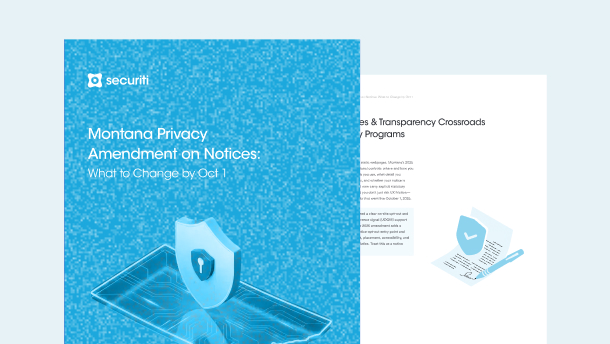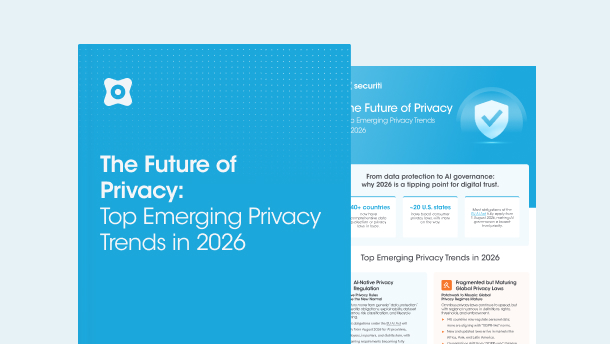Data protection and privacy have gained growing momentum as critical issues, resulting in increased legislative developments throughout the United States. Ohio currently lacks comprehensive data protection legislation, differentiating it from numerous other US jurisdictions that have already enacted such statutes. To stay updated on the progress of privacy-related laws across the US, visit our US State Privacy Laws Tracker.
Even without a data privacy law, businesses in Ohio must maintain strict privacy operations. This ensures compliance with changing privacy standards and prepares them to adapt to future regulations.
The following guide highlights primary considerations for businesses operating in Ohio by providing an overview of applicable state and federal frameworks.
The Current State of the Data Protection Laws in Ohio
Although there is currently no comprehensive privacy law in Ohio, businesses must stay up to date regarding other existing applicable laws. For instance, there is the Health Insurance Portability and Accountability Act (HIPAA), and businesses operating in the healthcare industry dealing with Protected Health Information (PHI) of individuals must comply with the HIPAA.
Similarly, the Children’s Online Privacy Protection Act (COPPA) is a federal law that primarily focuses on protecting minors' personal data and sensitive personal data (under 13 years of age) across the US. Hence, businesses dealing with minors’ data must ensure that their practices comply with COPPA.
In addition, businesses operating in the financial sector may be required to comply with the Gramm-Leach-Bliley Act (GLBA) and the Fair Credit Reporting Act (FCRA). The GLBA mandates that financial institutions inform customers about data-sharing practices and protect their sensitive information, while the FCRA specifically governs consumer credit reporting, requiring businesses to ensure the accurate and secure handling of credit data.
Best Practices for Businesses
Businesses operating in Ohio are encouraged to ensure the implementation of safe data protection and privacy practices. Regardless of whether a comprehensive privacy law is in effect, guaranteeing secure data handling measures strengthens long-term compliance. A few best practices are outlined as follows:
- Enabling data mapping automation to understand data flows across systems. Implementing robust security controls in alignment with recognized frameworks.
- Establishing incident-response procedures that allow notification within relevant deadlines and ensure coordination with law enforcement where applicable.
- Providing clear and accessible privacy notices and consent mechanisms, including special handling for minors and students where applicable.
- Training employees, especially those with access to sensitive data, on secure handling practices and cybersecurity hygiene.
Conclusion
Organizations operating in Ohio can efficiently navigate the complex legal landscape of privacy by investing resources in understanding applicable federal and state laws, while maintaining a flexible governance program to ensure adaptability to the future.





































